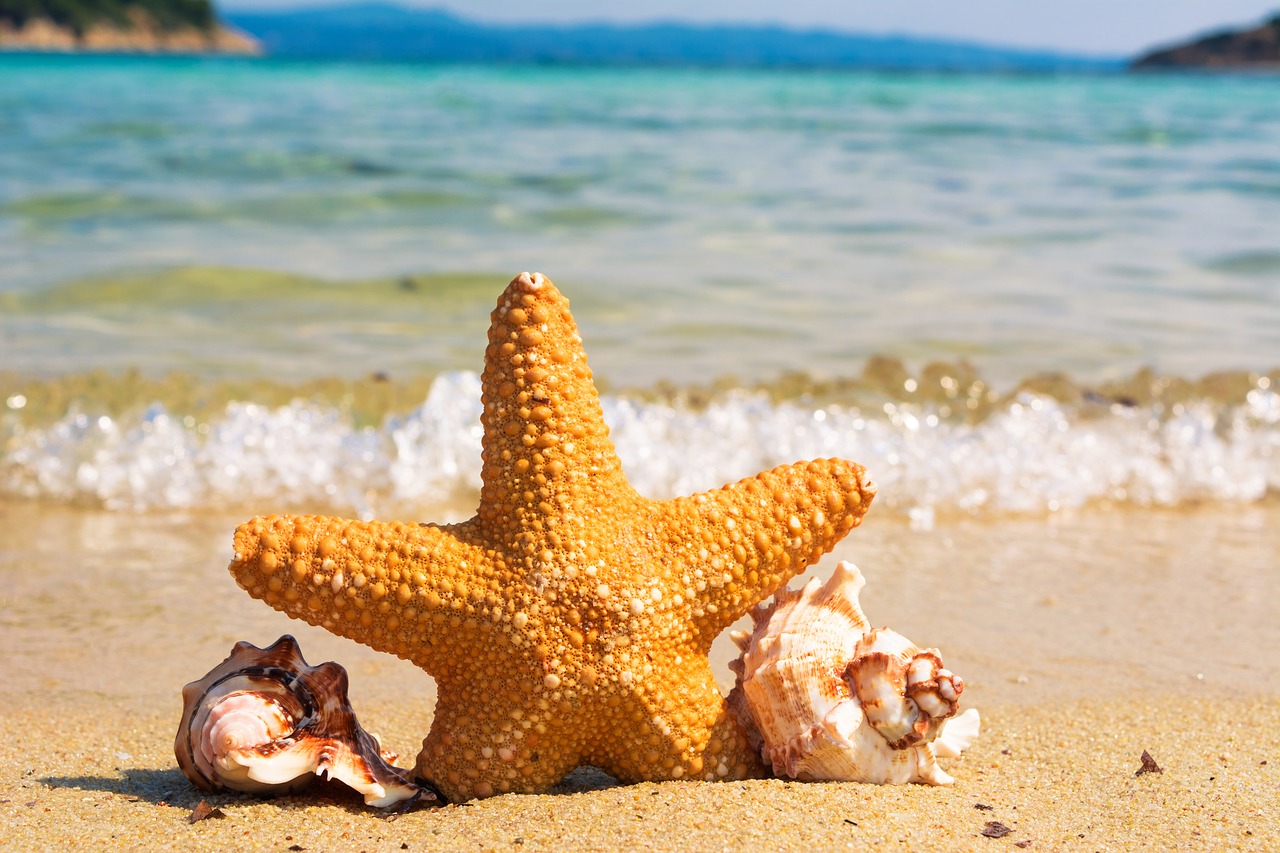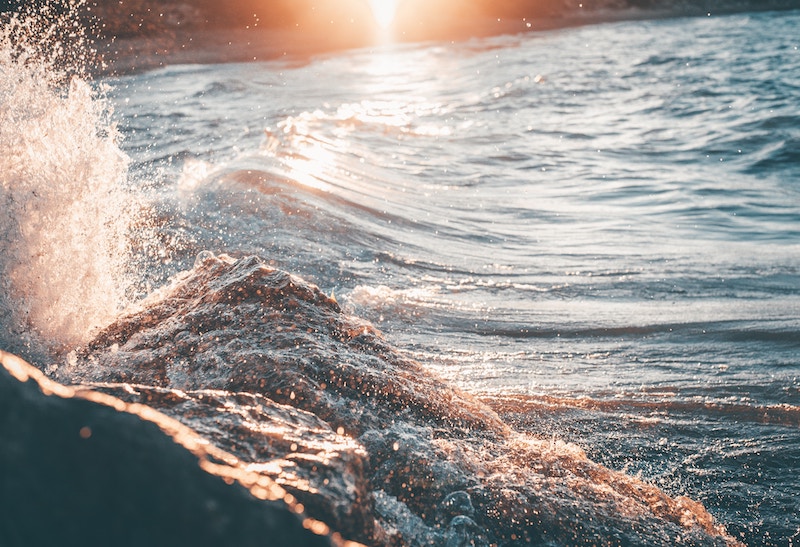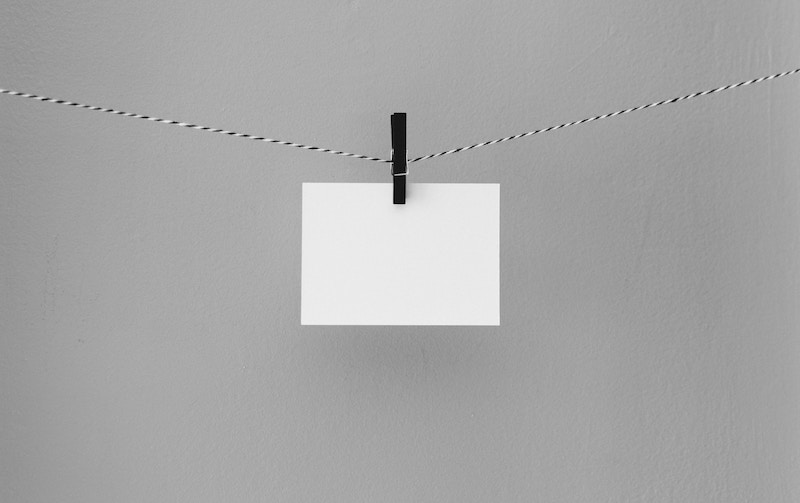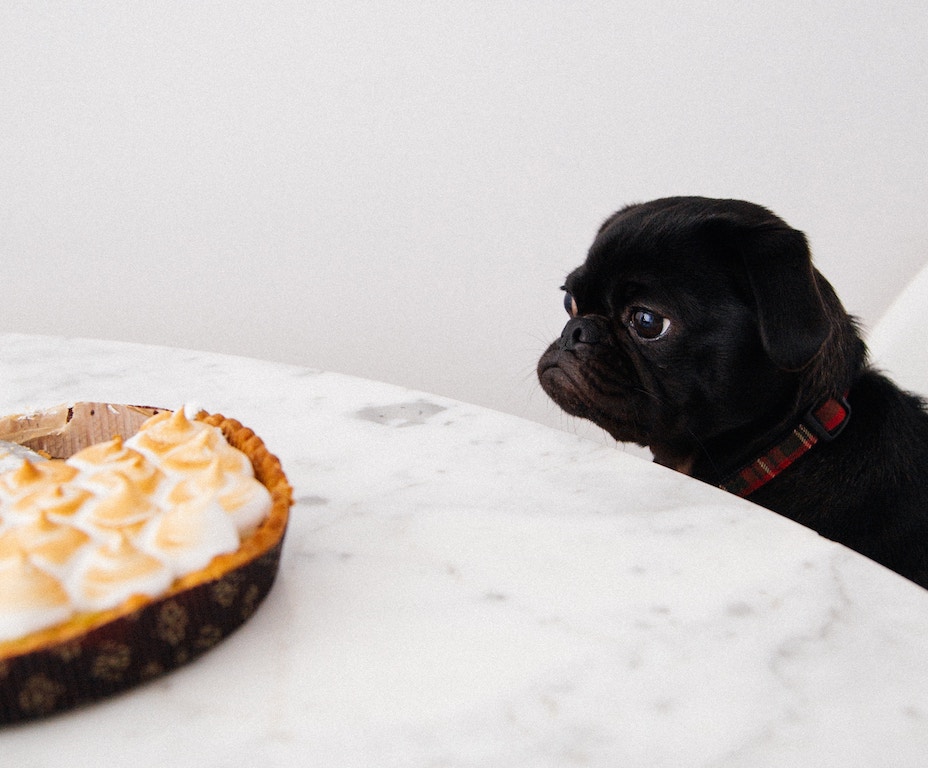Never again, God said.
When the flood waters receded, God sent Noah and his family and the animals off the ark, and they exited (Gen. 8:15–18). I’m pretty sure it was a happy day for all of them. But look what happens next.
Sacrifices
Just as he had done before the ark, Noah did the right thing.
- Noah worshipped first. Before building a shelter, he built an altar. Instead of setting up camp, he set up a sanctuary. God was his highest priority.
- He sacrificed righteously. He used the clean animals, the ones God had indicated were acceptable. He still followed God’s plan, not his own.
- He opened himself to God. That’s what worship always does. And this was a pretty big offering. I’m sure it was full of gratitude and thanksgiving and celebration. But there must also have been sadness. As Noah looked around at the seven remaining people, watched the animals leaving, saw all the empty land stretching away from the ark’s landing spot, he must have felt sad, too. So he worshipped. He poured all of that moment out before God–gratitude and self-commitment and sorrow over the sins that caused such destruction–in an offering.
And as he watched those burned up animals and offered them up to God, it says, “The Lord smelled the pleasing aroma” (Gen. 8:21). God was pleased.
Never Again
And while Noah was still standing next to the altar, God comes to a decision.
The LORD smelled the pleasing aroma and said in his heart: “Never again will I curse the ground because of humans, even though every inclination of the human heart is evil from childhood. And never again will I destroy all living creatures, as I have done. “As long as the earth endures, seedtime and harvest, cold and heat, summer and winter, day and night will never cease” (Gen. 8:21–22).
Never again. It will never happen again.
What won’t happen again? Destruction? No, God has said the world will be destroyed and remade. Revelation tells us about that. No more world-wide floods? No, though he does say that to Noah in Genesis 9:11.
This is a promise that God makes to himself, that what? That he will “never again curse the ground because of humans.” The earth and all its creatures will never again be destroyed because humans hearts are evil and set against God, even from childhood. Until the earth ceases, it will continue in the seasons and times and weather patterns just as God had created them to happen at the very first.
Bearing the Curse
From this moment forward, God says to himself, the earth I made won’t be punished for the sins of the humans I have made. And that is, to be fair, as it should be. We’ve all seen someone get punished for something they didn’t do, and it doesn’t sit well with us. We know that the guilty should bear their punishment.
Of course, this doesn’t erase the burden the earth endures under. In the Garden, God pronounced a curse, and the world was included in it. The ground grows thorns and works against us. That hasn’t changed. The world is affected by the curse of sin, even still. But, God said, never again would it be destroyed because of that sin.
So who will be? If the earth and the animals won’t bear the brunt of human sinfulness, who does bear it?
We do. Our guilt continues before God. And left unchecked, we will be destroyed someday, dead and separate from God.
UNLESS.
Unless another can be found who will take our place. The earth was destroyed by the flood, but it didn’t volunteer for the role. It couldn’t accept our punishment willingly on our behalf. So the earth cannot stand in our place.
But God can.
I think what we are watching in Genesis 8:21 is another hint that God is going to bear humanity’s curse himself. Never again will he mete out judgment on the earth. No. He’s going to mete out our punishment … on himself. And so Jesus came. And lived sinlessly, the perfect life even Noah couldn’t manage. And he died on the cross, taking the punishment we deserve because “every inclination of the human heart is evil from childhood.” Jesus’s sacrifice was the ultimate pleasing aroma, one God smelled at Calvary. And then he rose again, ensuring a greater victory than Noah’s escape from the ark.
Never again will the earth bear the brunt of our punishment. Without a substitute, we will have to bear our own punishment. But we don’t. Thankfully, Jesus has already taken our place, if we will only trust in him.
Please follow and like us:



